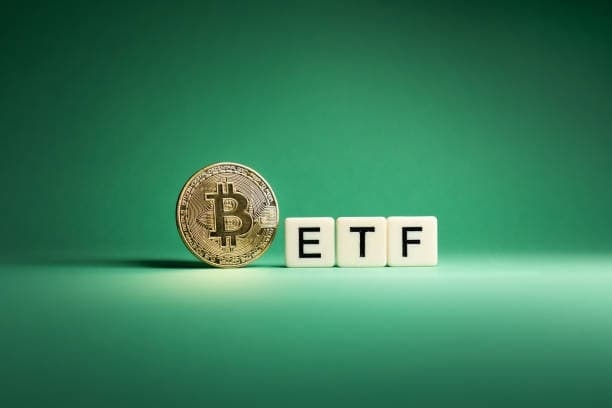You’re sitting in a cozy coffee shop, sipping on a freshly brewed cup of coffee, and overhear a conversation about Bitcoin. Across the room, two individuals are passionately discussing whether Bitcoin is legal or not. It’s a question that’s been buzzing around the globe, and it’s time to dive into this intriguing topic with a relaxed and casual approach. Let’s embark on a global journey to understand the legal landscape of Bitcoin.
Bitcoin, the digital currency that’s been making waves since its inception, has been a subject of debate and scrutiny. It’s not just about the technology behind it – blockchain – but also about its legality across different countries. So, let’s kick off our discussion with a look at how Bitcoin is perceived legally in various parts of the world.
In the United States, Bitcoin has been recognized as a taxable asset by the IRS. This means that while it’s not a legal tender, it’s treated as property for tax purposes. This classification has led to a complex set of rules for those who trade or use Bitcoin in transactions. The btc, on the other hand, has been cautious, not classifying Bitcoin as a security, which would subject it to different regulations. The legal status in the U.S. is clear but the regulatory framework is still evolving.
Jumping across the pond to Europe, the European Union has taken a more harmonized approach towards cryptocurrencies. While there isn’t a single EU-wide policy, countries like Germany and Switzerland have been relatively open to Bitcoin. Germany, for instance, recognizes Bitcoin as a ‘unit of account,’ which means it’s treated like a foreign currency for tax purposes. This has made it easier for businesses to operate with Bitcoin in these countries.
Heading east, in Asia, the story is a bit more varied. Japan has been a frontrunner in embracing Bitcoin, with the country recognizing it as a legal method of payment back in 2017. This move has been a significant boost for Bitcoin’s legitimacy and has spurred growth in the cryptocurrency industry within Japan. However, not all Asian countries share the same enthusiasm. China, for example, has taken a strict stance, banning initial coin offerings (ICOs) and cryptocurrency exchanges, citing concerns over financial stability and fraud.
Down under in Australia, the government has been proactive in regulating cryptocurrencies. They treat Bitcoin as an asset and not as currency, which means it’s subject to capital gains tax. This has led to a more transparent and regulated environment for cryptocurrency transactions in the country.
Now, let’s take a moment to consider the implications of these varying legal stances on Bitcoin. For businesses and individuals, the legal status of Bitcoin can significantly impact how they conduct transactions and manage their assets. In countries where Bitcoin is recognized and regulated, there’s a sense of security and legitimacy that can encourage adoption and innovation. On the other hand, in countries with strict regulations or bans, there’s a chilling effect on the growth of the cryptocurrency industry.
The global landscape of Bitcoin regulation is a patchwork, reflecting the diverse attitudes towards this new form of digital currency. Some countries are eager to embrace the potential of blockchain technology and the financial freedom it offers, while others are more cautious, prioritizing stability and control over innovation.
As we wrap up our casual stroll through the legality of Bitcoin, it’s clear that the conversation is far from over. With the rapid pace of technological advancement and the increasing interest in cryptocurrencies, the legal landscape is bound to continue evolving. It’s a fascinating time to be following the developments in Bitcoin regulation, and it will be interesting to see how different countries adapt their laws to this new digital frontier.
So, the next time you’re in a coffee shop and overhear a debate about Bitcoin, you’ll be equipped with a global perspective on its legality. Whether you’re a casual observer or an avid investor, understanding the legal status of Bitcoin in different parts of the world is crucial in today’s interconnected economy. It’s not just about the coffee; it’s about the currency that’s brewing a global conversation.

